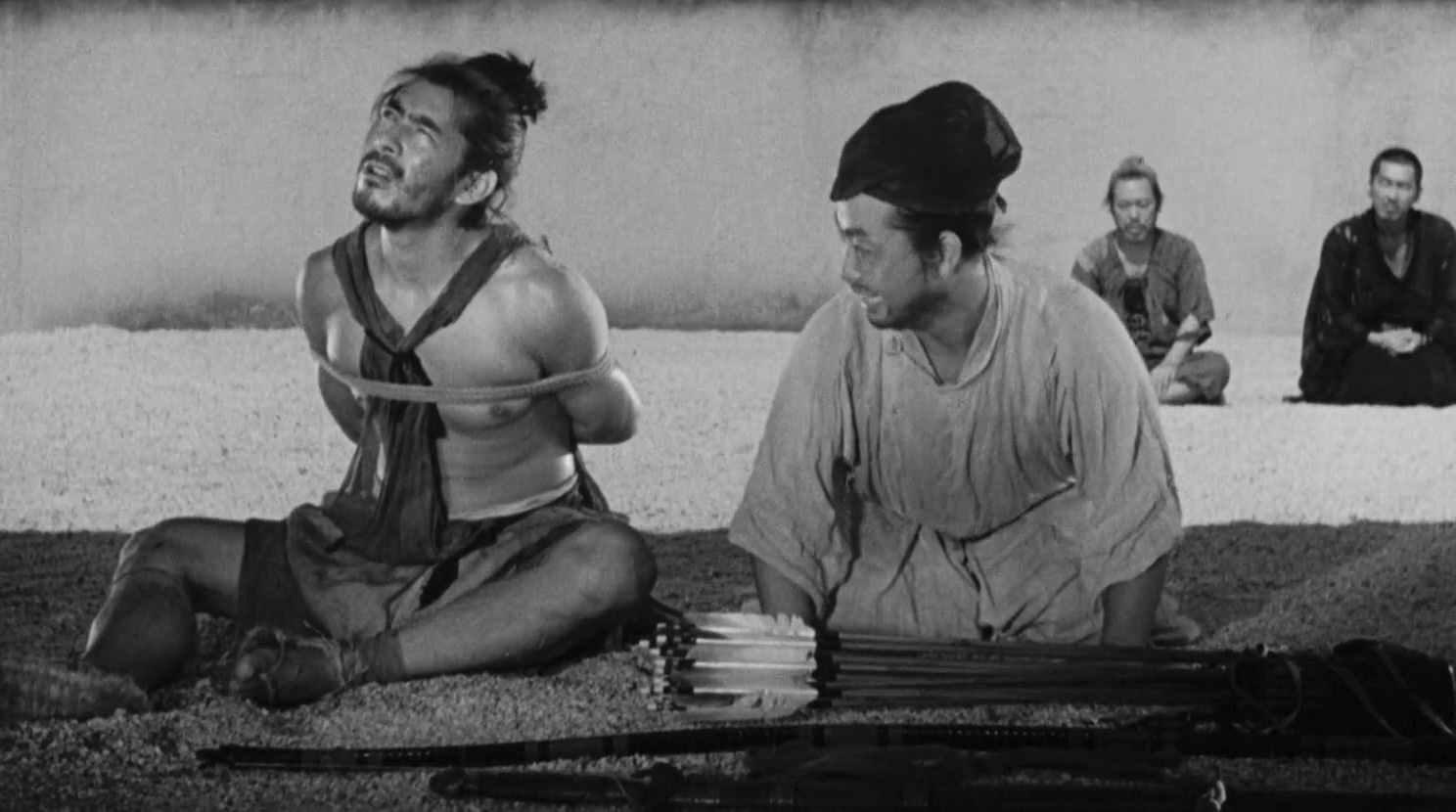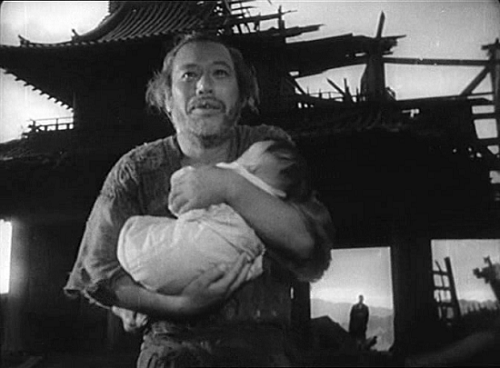Rashomon by Akira Kurosawa- Film Analysis
RASHOMON by Akira Kurosawa- Film Analysis
Krutika Shinde
Three men take over a roof which is Rashomon's gate because of the rain. There was nothing to do but to wait till the rain gets over so as to pass the time they talked about a topic where a woman was raped and a man was murdered in a forest. There are many Hollywood or Bollywood films about a murder mystery but Akira Kurosawa created Rashomon, which shows the truth of human nature and how a human lies to be safe by keeping the truth hidden. The film is about a story of a murder mystery and how each witness describes a single event differently.
In this film, we hear from four witnesses which are the thief, the samurai's ghost, the samurai's wife, and the woodcutter. This was the flashback as they were telling the story to the third person. Each perspective or each story is different from the other witness's story but the only thing which was common in every story is that someone killed the samurai. Each character tells the story from their perspective in a way that shows them in the best light. The thief says that he killed the samurai after a fight, wife claims that she asked her husband to kill her because of the disappointment but in the end, she fainted and fell on him with a dagger. The samurai's ghost said that he attempted suicide because his wife ditched him. The woodcutter claims that the fight between the third and the samurai was awkward but he doesn't mention that he was the one who stole the wife's precious dagger.
So nobody knows what the truth is, even the audience is left with questions. I still don't know who the killer is. Akira Kurosawa has left the audience to decide or to have the perspective of this film about who the killer is. Did you understand the beauty of this film? It's literally upon us what to take out from this film, it can either be of different perspectives of each human being or about how a human lies to keep himself or herself in the best light. The actual beauty behind this film is that every person from the audience is going to take the plot in a different way for example I may think that the thief killed the samurai but someone else might think that the wife killed her husband. WOW! It also raises various questions in our minds as the audience. Why do humans lie? Does every human lie? Can we ever know what the actual truth is?
Throughout the whole film, it wasn't revealed that the woodcutter actually stole the dagger of the wife. It was revealed by the end of the film that he was lying and actually stole the dagger. This is just a perception as the woodcutter never agrees that he stole the dagger as he said "I never tell lies", maybe he was telling the truth that he didn't lie or maybe he was lying. Again depends on how we see it and on our perspective.
Rashomon is like a puzzle to solve. If we talk about the camerawork it's realistic. There are long shots, medium shots, low angles, and close-ups which are as follows:
Also, the close-ups are so real with real expressions, even the eyes of the characters tell something.
In the end, the woodcutter and the priest both find a baby under the same roof. It seemed to be abandoned. The third man steals the jacket which was kept near the baby and ran away.
Then the woodcutter takes the decision to adopt the baby and to grow the baby with his other children, it was the only act of kindness in the whole film, whereas the priest doesn't believe him after all the lies. Personally, I can't even believe the woodcutter, maybe he is lying and might sell the baby for his selfish needs or make him his slave when he grows up, who knows? Or maybe he is telling the truth. Again, depends on the perspective of the audience.
Akira Kurosawa's camera is doing an amazing work by showing the scenes through leaves, through gates, by showing highly dramatic closeups of the bandit, of the wife, of each and every character.
This film is a whole experience about human nature. Sometimes we think that some people are so honest, but are they? Nobody knows the truth. In this film, Akira Kurosawa is trying to say that everything is hidden, nothing is the actual truth.
Lines from this film that touched me the most:
This has become my favorite film. A true masterpiece! Thanks Akira Kurosawa!












Comments
Post a Comment